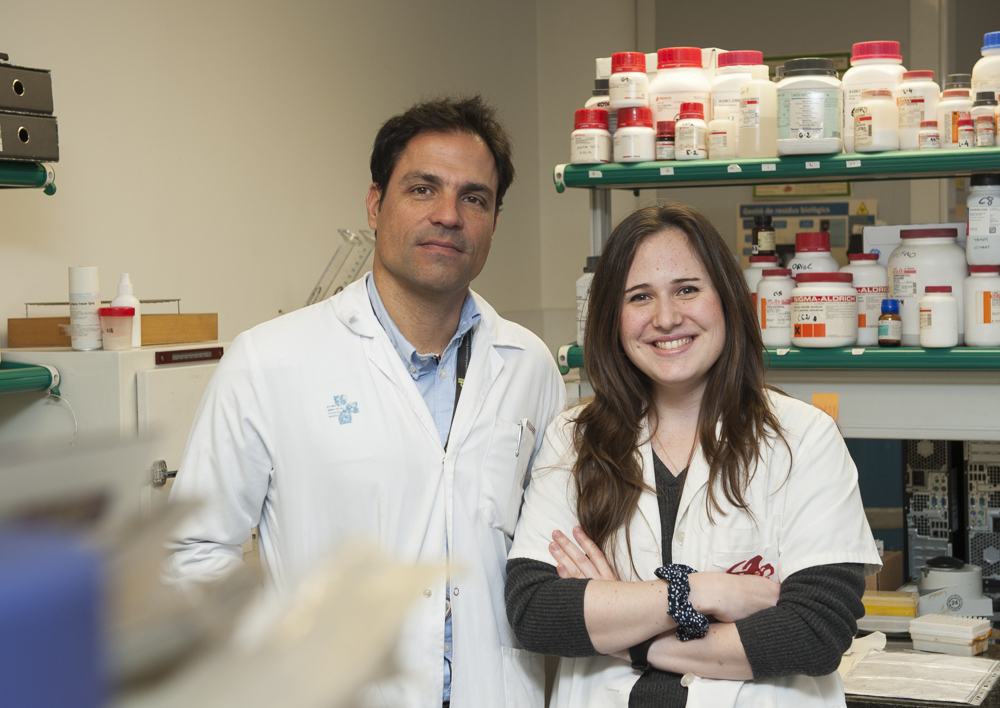The Renal Transplant Unit from the Bellvitge University Hospital has implemented and shown the efficacy of a new immunological test that predicts the risk of one of the most frequent and severe opportunistic infections occurring after a transplant, the cytomegalovirus. This information comes from the results obtained using this test in a multicenter, prospective randomized clinical study published today by the prestigious scientific journal Clinical Infectious Diseases.
Researchers from Bellvitge University Hospital and the Bellvitge Biomedical Research Institute (IDIBELL) coordinated the study of the clinical efficacy of this assay, with the collaboration of Vall d’Hebron University Hospital, Puigvert Foundation, Clinic Hospital of Barcelona and the University Hospital Miguel Servet of Zaragoza. The work included 160 patients over 12 months.
The cytomegalovirus infection is one of the most common and severe opportunistic infections, among patients who have received a kidney transplant that may challenge both patient and allograft survival. For this reason, so far, all transplanted patients are preventively treated or screened against this virus for a long periods of time after transplantation. However, such anti-viral therapy is not harmless, as it may have relevant related adverse effects and may interfere with the management of chronic immunosuppressive treatment, thus potentially increasing the risk of organ rejection.
This new assay would avoid the use of this anti-viral therapy when not needed in an important number of patients. The test is applied to patients who have just received a kidney transplant and examines how T lymphocytes (white blood cells involved in the immune response) respond against the cytomegalovirus. Patients could avoid the preventive antiviral treatment against this infectious agent, if they would show a robust immune response specific against the cytomegalovirus.
Dr. Oriol Bestard, head of the Renal Transplant Unit at Bellvitge University Hospital and one of the study’s lead authors, points out that this is the first time that the clinical efficacy of a test to predict the risk of cytomegalovirus infection has been evaluated in a prospective, randomized clinical trial. He emphasizes, “it is a step forward in personalized medicine, in which therapeutic decisions are directed according to the individual risk of each patient.” He says that the breakthrough “can significantly change transplant medicine as it will avoid unnecessary toxic treatments, focusing in only those patients who are really at high risk, while saving significant related costs in this setting.”
The study was performed in patients who received a kidney transplant, but researchers point out that this test may also be useful to prevent the same infection in other solid organ transplants, as well as in patients receiving a bone marrow transplant. Although further studies are needed to demonstrate their effectiveness, some of them are ongoing in our center.
Altogether this data indicates that this new technique could be implemented, in a protocolized manner, in current clinical practice in a short period of time.

